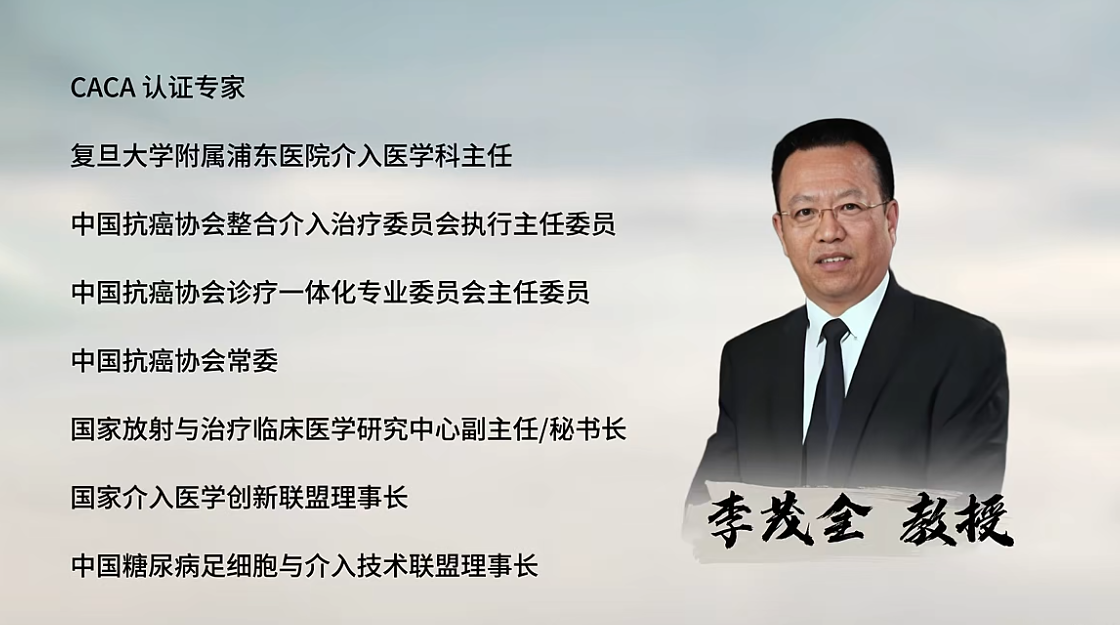维生素B3可降低患皮肤癌风险,信吗
| 导读 | 近日,来自澳大利亚研究人员的一项最新研究首次发现,维生素或许可以适度降低个体患常见类型皮肤癌的风险,研究者表示,相比服用安慰剂而言,服用维生素B3一年或可降低个体23%的患皮肤癌的风险。 |
近日,来自澳大利亚研究人员的一项最新研究首次发现,维生素或许可以适度降低个体患常见类型皮肤癌的风险,研究者表示,相比服用安慰剂而言,服用维生素B3一年或可降低个体23%的患皮肤癌的风险。
这项研究并不涉及黑色素瘤的研究,这种皮肤癌是一种致死性的皮肤癌,每年在美国有超过300万个体被诊断为黑色素瘤。Richard Schilsky博士表示,文章中主要指的是患普通皮肤癌的个体,但当常见皮肤癌较为顽固不断持续也会引发患者死亡。而本文研究发现,维生素或可有效降低个体患常见皮肤癌的风险。
相比美国及其它国家,澳大利亚是一个皮肤癌高发的国家,某些医生希望在进行维生素治疗前最好有相关证据表明维生素可以有效降低皮肤癌风险,长期以来维生素在癌症预防上是否有作用并不清楚,而有些研究则表明某些维生素或对机体有害。这项研究中研究者对386名个体进行了研究,这些研究对象在过去5年里至少患有2种皮肤癌,研究者让其每天服用毫克维生素或安慰剂,服用时间长达1年,在研究结束前医生和患者并不知道他们服用的是什么。
维生素除了可以降低皮肤癌外,其似乎还可以切断初期癌症的发生率,即光化性角化病的发生;服用3个月维生素可降低11%的发生率,而服用9个月则可降低20%的发生率。当参与者停止服用维生素后研究者对其追踪长达6个月时间,发现这些参与者新发皮肤癌的风险又和不服用维生素的群体一样,这就说明维生素抑制皮肤癌发生的益处会很快消退。
烟酰胺(维生素B3的一种形式)被认为可以帮助修复因日光曝露而导致的细胞DNA的损伤,其作为非处方药物可以在一般的药店买到,后期研究者将通过更多的研究来揭示维生素B3抑制常见皮肤癌发生的分子机制,从而为开发更多抑制皮肤癌,甚至是黑色素瘤的新型疗法提供思路。
(转化医学网360zhyx.com)
以上为转化医学网原创翻译整理,转载请注明出处和链接!
转化医学网推荐的新闻阅读:
For the first time, a large study suggests that a vitamin might modestly lower the risk of the most common types of skin cancer in people with a history of these relatively harmless yet troublesome growths.
In a study in Australia, people who took a specific type of vitamin B3 for a year had a 23 percent lower rate of new skin cancers compared to others who took dummy pills. In absolute terms, it meant that vitamin takers developed fewer than two of these cancers on average versus roughly 2.5 cancers for the others.
The study did not involve melanoma, the most deadly form of skin cancer. Instead, it aimed at more common forms—basal and squamous cell cancers. More than 3 million cases are diagnosed each year in the United States.
"These are sort of the run-of-the-mill skin cancers that so many people get," said Dr. Richard Schilsky, chief medical officer of the American Society of Clinical Oncology, an organization of cancer specialists. "They're rarely lethal but they're very persistent and they keep coming back," and are expensive to remove, usually through surgery, freezing off the spots or radiation.
He and other doctors with the oncology group said the vitamin, called nicotinamide, could offer a cheap, easy way to lower risk.
However, Australia has higher rates of skin cancer than the U.S. and other parts of the world, and some doctors may want more evidence beyond this single study before recommending the pills. Vitamins have long proved elusive for cancer prevention, and some studies have even found certain ones can be harmful.
Researchers also stressed they were not suggesting vitamin use for people who have not yet had one of these cancers.
"At the moment, it's not something for the general population," said the study's leader, Dr. Diona Damian of the Dermatology University of Sydney in Australia.
"We must always remember the basics of sun-sensible behaviors"—avoiding overexposure and using sunscreen—as the best ways for anyone to lower risk, she said.
The study involved 386 people who had at least two skin cancers in the previous five years. They took either 500 milligrams of the vitamin or dummy pills twice a day for a year. Neither they nor their doctors knew who got what until the study ended.
Besides reducing the rate of skin cancers, vitamin use also seemed to cut the rate of precancers—scaly patches of skin called actinic keratoses—by 11 percent after three months of use and 20 percent after nine months.
Participants were tracked for six months after they stopped taking their pills, and the rate of new skin cancers was similar in both groups.
"The benefit wears off fairly quickly," Damian said. "You need to continue taking the tablets for them to continue to be effective."
Nicotinamide is thought to help repair DNA in cells damaged by sun exposure. It is not the same as nicotine, the addictive stuff in tobacco. It's also not the same as niacin and some other forms of B3, which can cause flushing, headaches and blood pressure problems. Those problems were not seen with nicotinamide in the study.
Nicotinamide is sold over the counter, is easy to take, and "there are essentially no side effects," Schilsky said.
However, it might be a little tough to find. A check of one major drugstore chain found only other forms of B3, such as niacin, or combination B vitamins. Online, some retailers offered nicotinamide for prices ranging from a nickel to a dollar a tablet, sometimes combined with other things.
Australia's National Health and Medical Research Council funded the study. The oncology society released the results in a telephone news briefing Wednesday and it will be discussed at the group's annual meeting in Chicago later this month.
 腾讯登录
腾讯登录
还没有人评论,赶快抢个沙发